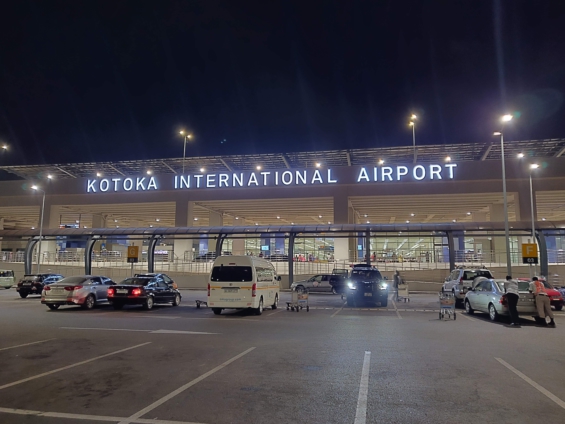Pre-tertiary Teacher Unions Present Demands to Political Parties for Inclusion in 2024 Manifestos
The Ghana National Association of Teachers (GNAT), the National Association of Graduate Teachers (NAGRAT), and the Coalition of Concerned Teachers (CCT-Ghana), which are Ghana's pre-tertiary teacher unions, have released a detailed document detailing their main demands to be included in political party manifestos.
Countenanced as "Demands to the Political Parties on Education Delivery in Ghana for their Consideration into their Election 2024 Manifestos," the 13-page paper was signed by King Awudu Ali, President of CCT-GH, Eric Carbonu, President of NAGRAT, and GNAT General Secretary Thomas Musah.
The teachers' requests, which are divided into five thematic categories, address important issues that political parties involved in the next general election should take into account. These areas include Teacher Unions’ Perspective on Quality Education, School Environment, Free SHS/TVET Policy, Teacher Factor, and Teacher Deployment.
The unions emphasized that in order to promote economic progress and prosperity, citizens must be equipped with knowledge, work skills, and cultural values. They also emphasized the critical role that education plays in societal and national advancement. They emphasized the continuous worries about the standard of education provided in modern-day Ghana, pointing out the apparent discrepancy between the kind of education required for the nation and existing methods.
The statement also voiced displeasure with the way educational professionals and teacher unions are left out of the policy-making process, which frequently results in poor learning outcomes. GNAT, NAGRAT, and CCT-GH—important players in the quality of public education—presented this document as their joint proposal for improving pre-tertiary education in Ghana, to be taken into consideration and included in the political party platforms for the 2024 elections.
Unions’ Perspective on Education Quality and Teacher Welfare
Teacher unions advocate for quality education that equips learners with knowledge, skills, and values to navigate the future confidently. They emphasize inquiry-based education adequately funded by the government to meet national needs. Priorities include curriculum reform for relevance and inclusiveness, continuous improvement in teacher education aligned with modern trends, and learner-centered pedagogy.
The unions stress the importance of using the First Language as the medium of instruction in early grades for effective teaching and learning. They call for timely provision of textbooks, resources, and funding to create conducive learning environments in schools. Additionally, they urge the prompt release of the capitation grant, increased funding for schools with high overhead costs, and the depoliticization of the school feeding program.
Regarding the Free SHS/TVET policy, unions recommend its review for better outcomes, emphasizing depoliticization and national supervision under educational directorates. They advocate for full implementation of collective agreements, improved conditions of service, and a scheme of service manual for teacher recruitment, development, and career progression.
The unions push for congenial work environments, enhanced teacher motivation, and allowances for teachers in deprived areas or specialized subjects to attract and retain talent. They call for equitable teacher deployment to address urban-rural disparities, periodic manpower audits, and transfer mechanisms to ensure fair distribution and optimal utilization of teaching staff across schools.





Comments
Post a Comment